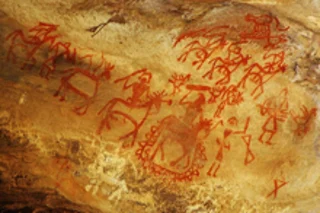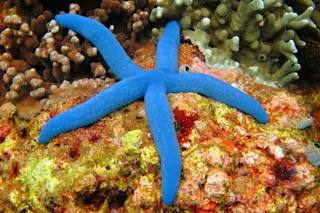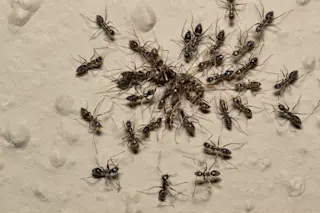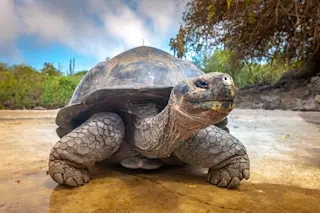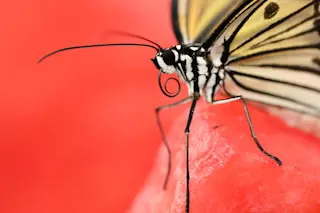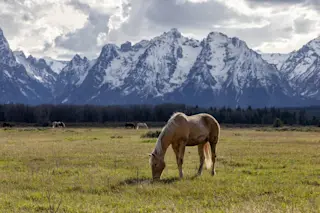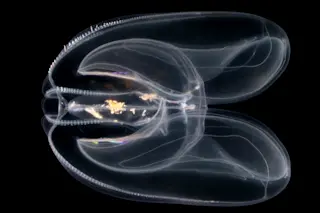It may sound like a paradox, but a new theory suggests that one of humanity's most noble instincts, altruism, evolved on bloody battlefields in prehistoric times. Evolutionary biologist Samuel Bowles argues that prehistoric culture may have selected for individuals who behaved altruistically towards other individuals in their social groups. The story begins with the
climactic swings that occurred between approximately 10,000 to 150,000 years ago in the late Pleistocene period may have pushed once-isolated bands of hunter-gatherers into more frequent contact with one another.... "I think that's just a recipe for high-level conflict" [New Scientist]
, says Bowles. These conflicts weren't large-scale pitched battles, Bowles explains.
"We're talking about groups of men who got out in twos or threes or fives," he says. "They didn't have a chain of command and it's hard to see how they could force people to fight." For this reason, altruistic intent on the part ...


